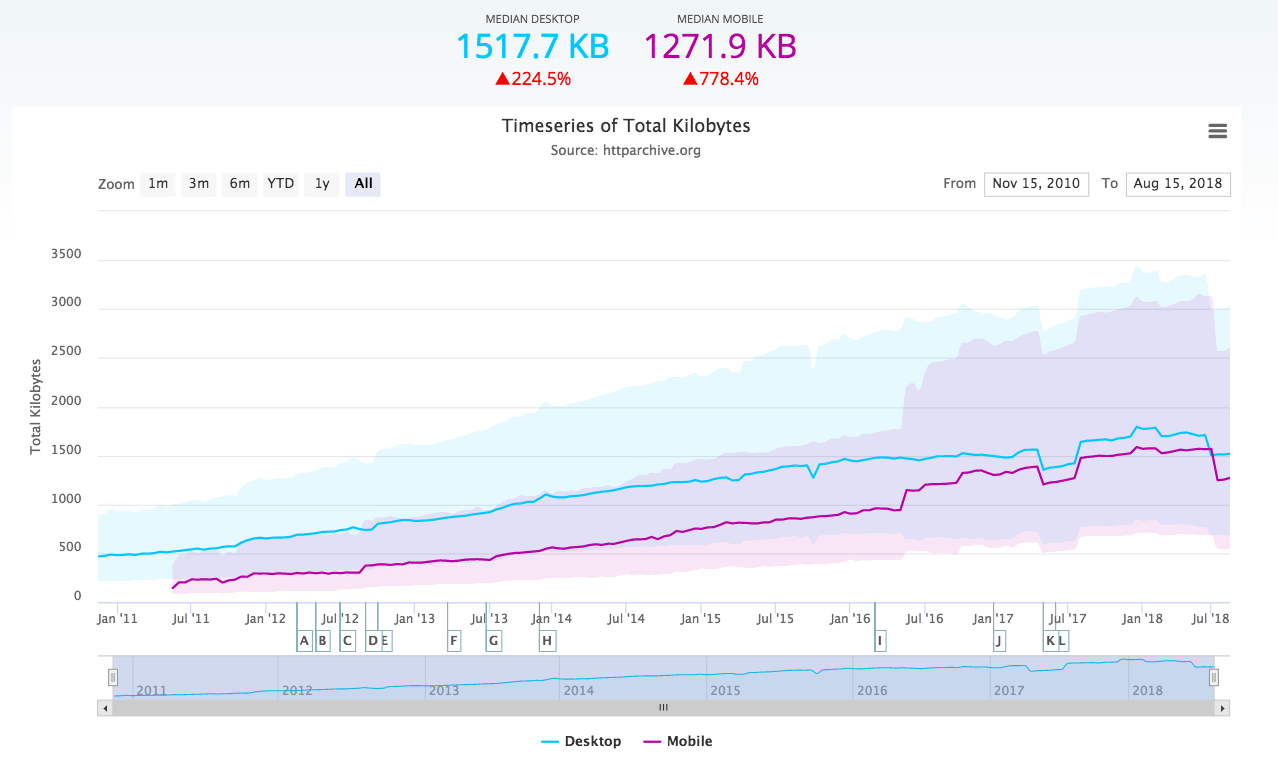By the end of the nineties the Web had risen to become a huge factor in the world economy, and we were at the height of the dot-com bubble. Billion-dollar acquisitions of Web companies were not uncommon.
This article lists billion-dollar Web acquisitions that never delivered on their promise. Some companies and services dwindled away into obscurity, some were sold for significantly less money than they were bought for, and some just crashed and burned.
Many of these brands are still in use today, though they don’t have the luster they once had.
 Excite
Excite
Acquired by: @Home Network in 1999 for $6.7 billion.
Business idea: Web portal and search engine.
What happened: Excite and @Home merged to become Excite@Home in January 1999. In October 2001 the merged company filed for Chapter 11 bankruptcy. The company’s 1,350 employees were laid off in the following months.
 Netscape
Netscape
Acquired by: AOL in 1998 for $4.2 billion.
Business idea: Web browser and portal.
What happened: Netscape Navigator had been the leading web browser, but at the time of this acquisition Microsoft Internet Explorer was quickly taking market shares away from Netscape. Netscape eventually open sourced the browser which gave birth to Mozilla and eventually the now famous Firefox. Today the Netscape browser has been discontinued and the Web portal is basically just a mirror of AOL’s own Web portal.
 Broadcast.com
Broadcast.com
Acquired by: Yahoo! in 1999 for $5.7 billion.
Business idea: Web radio and streaming content.
What happened: Yahoo! split up the Broadcast.com services into separate services, such as Yahoo! Launchcast for music and Yahoo! Platinum for video entertainment. Platinum has since been discontinued and parts have been integrated into other services.
 The Learning Company
The Learning Company
Acquired by: Mattel in 1999 for $3.8 billion.
Business idea: Educational software.
What happened: The Learning Company’s pre-tax losses in 1999 were $206 million, putting a big dent in Mattel’s profits. By 2000, The Learning Company was losing Mattel $1.5 million a day. Mattel sold The Learning Company in October 2000 to Gores Technology for 1% of The Learning Company’s future profits.
 Lycos
Lycos
Acquired by: Terra Networks in 2000 for $5.4 billion.
Business idea: Search engine and Web portal.
What happened: In 1999, Lycos had been the most-visited Web portal in the world. Today it’s not even in the top 1,000 according to Alexa. In 2004, Terra sold Lycos to South Korea-based Daum Communications Corporation for $95.4 million.
 Altavista
Altavista
Acquired by: CMGI in 1999 for $2.3 billion. (CMGI acquired a controlling stake of the company from Compaq.)
Business idea: Search engine and Web portal.
What happened: From being one of the top destinations on the Web in the mid-nineties, Altavista’s popularity slowly declined. The company was bought by Overture Services in October 2003 for $140 million.
 Geocities
Geocities
Acquired by: Yahoo! in 1999 for $3.57 billion.
Business idea: Free web hosting
What happened: Geocities was popular for web design newcomers in the late 1990s due to its free service, but has gradually become obsolete with the ever-decreasing cost of hosting a personal website. Yahoo now seems to use the service mainly to encourage people to sign up for their paid web hosting options.
A final question
Put together, the seven acquisitions above come to a total of more than $31 billion.
You may wonder what might have happened if some of this money had been spent differently. For example, what if Yahoo! had used the $5.7 billion they spent on Broadcast.com in 1999 to buy Google instead?
What would the Web have looked like?
(And while we’re talking about billion-dollar acquisitions, anyone interested in buying Pingdom for a billion or two? 😉 We would certainly think about it, although we love what we do!)
Do you know of other billion-dollar acquisitions (related to the Web/Internet) that failed miserably to deliver on their potential? Let us know in the comments. It would also be interesting to hear from some of you who actually worked at these companies back in the days.
Notes
Most of these acquisitions were made mainly with stocks, not cash money.
The business idea we listed for each company is the business idea they had at the time of acquisition.


























